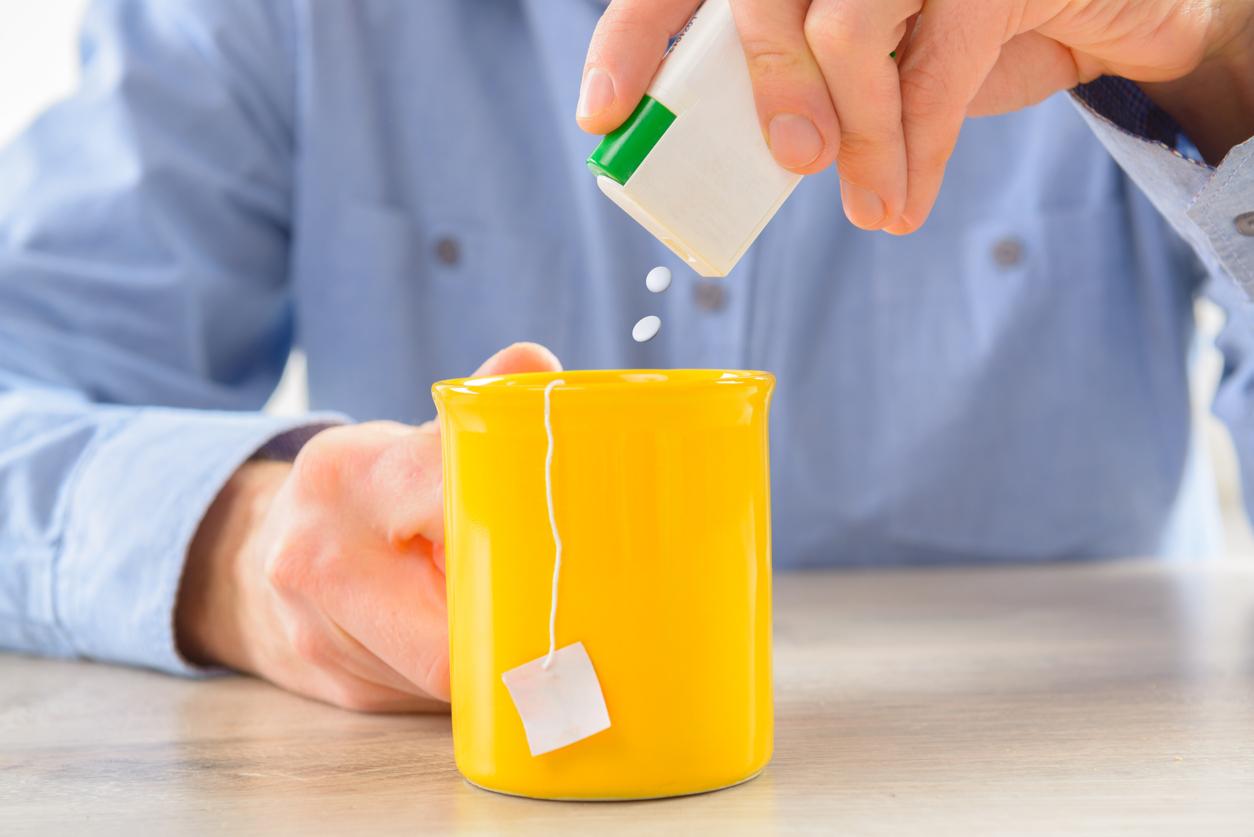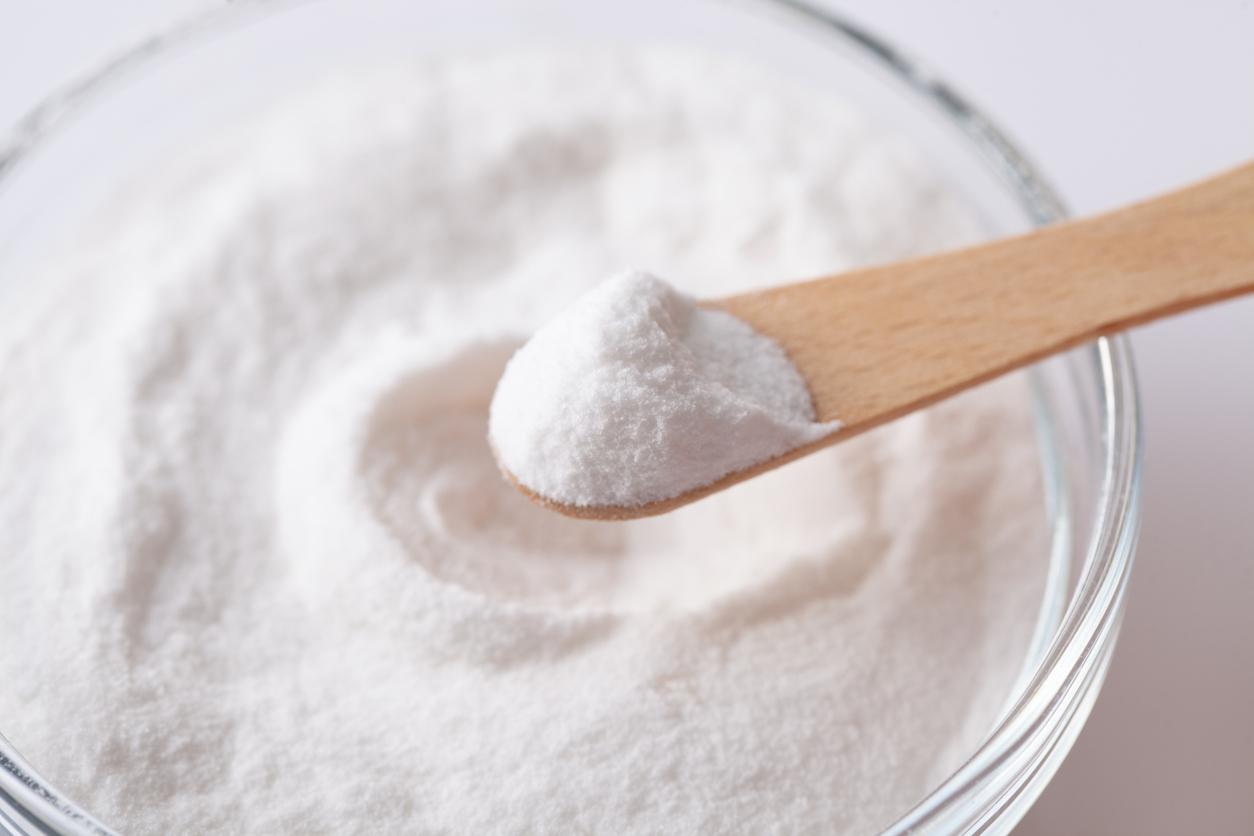Aspartame, the world’s most widely used artificial sweetener, is “possibly carcinogenic” to humans but is “safe”, according to the International Agency for Research on Cancer.

- The IARC, the WHO agency responsible for the fight against cancer, convened its group of experts in June to assess the carcinogenic potential of aspartame.
- It today concluded that aspartame was ‘possibly carcinogenic’ based on human and animal studies which found ‘limited’ evidence the compound could be linked to liver cancer .
- Another assessment re-examined the Acceptable Daily Intake: the guidelines for acceptable intake levels remain unchanged.
To avoid sugar, aspartame is not the ideal solution for health. Indeed, according to a report of the agency specialized in research on cancer of the World Health Organization (WHO), aspartame, a sweetener present in diet sodas and many other foods, would not be completely harmless.
Aspartame: a link with liver cancer
This low-calorie artificial sweetener, whose sweetness is about 200 times higher than that of sugar, would be a cause “possiblecancer, specifically, for hepatocellular carcinoma, which is a type of liver cancer, according to the WHO.
However, the recommendations for consumption do not change. Indeed, looking at the same data, another group of experts selected by the WHO and another UN group, the Food and Agriculture Organization of the United Nations (FAO), stated that he still considered this sugar substitute to be safe in limited quantities.
“We do not advise consumers to completely stop consuming (aspartame)“said Dr. Francesco Branca, Director of Nutrition at WHO.”We simply advise to consume it in moderation.“.
Aspartame: the recommendations remain those of 1981
United Nations experts evaluated the safety of aspartame in 1981 and set the daily safe limit at a level of 40 milligrams of aspartame per kilogram.
David Spiegelhalter, Emeritus Professor of Statistics at the University of Cambridge, said that these recommendations mean that “the average person can safely drink up to 14 cans of diet drink a day…and even this “acceptable daily limit” has a large safety factor built in“.
The WHO decision comes weeks after it said non-sugar sweeteners do not help with weight loss and may lead to an increased risk of diabetes, heart disease and premature death in adults.

















